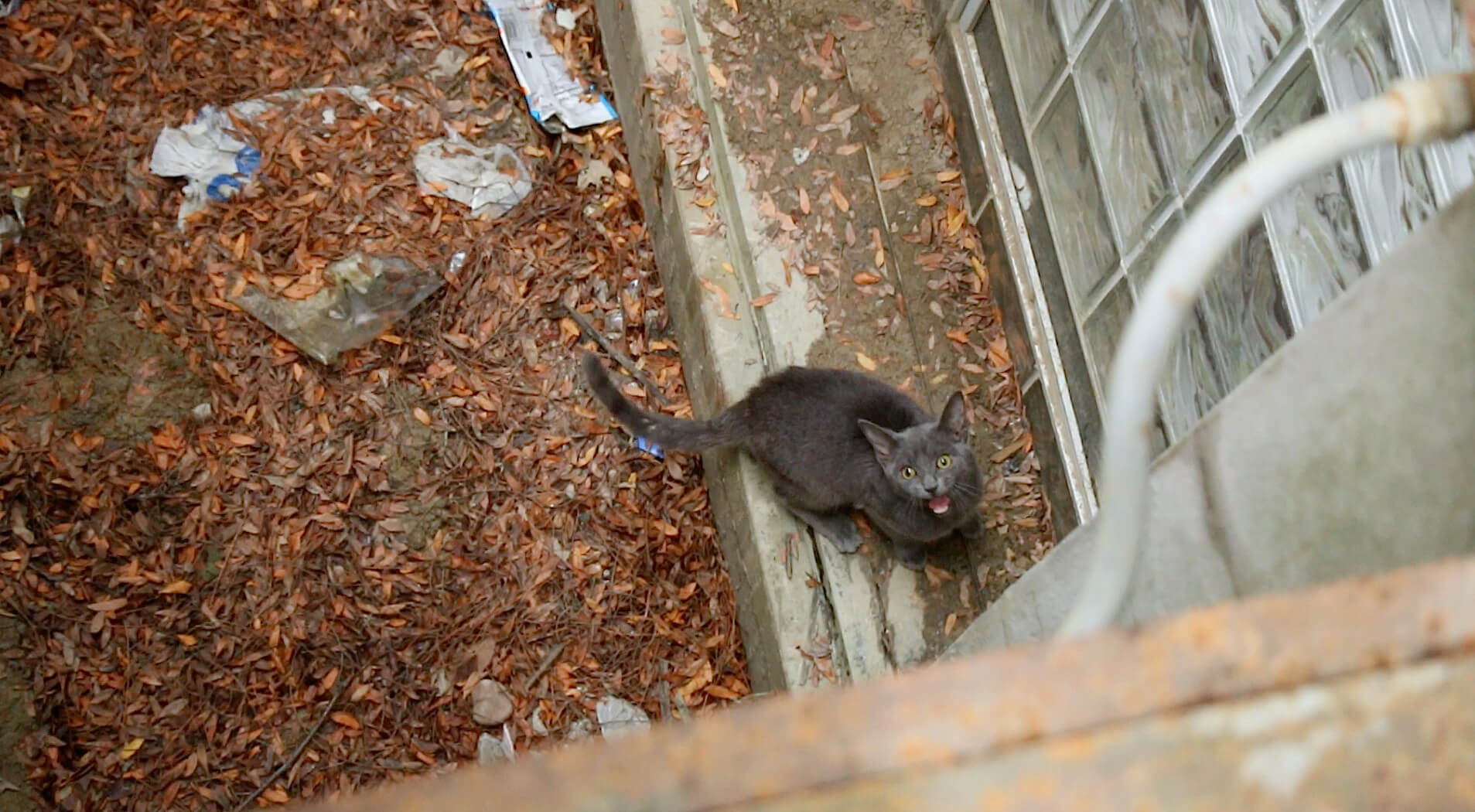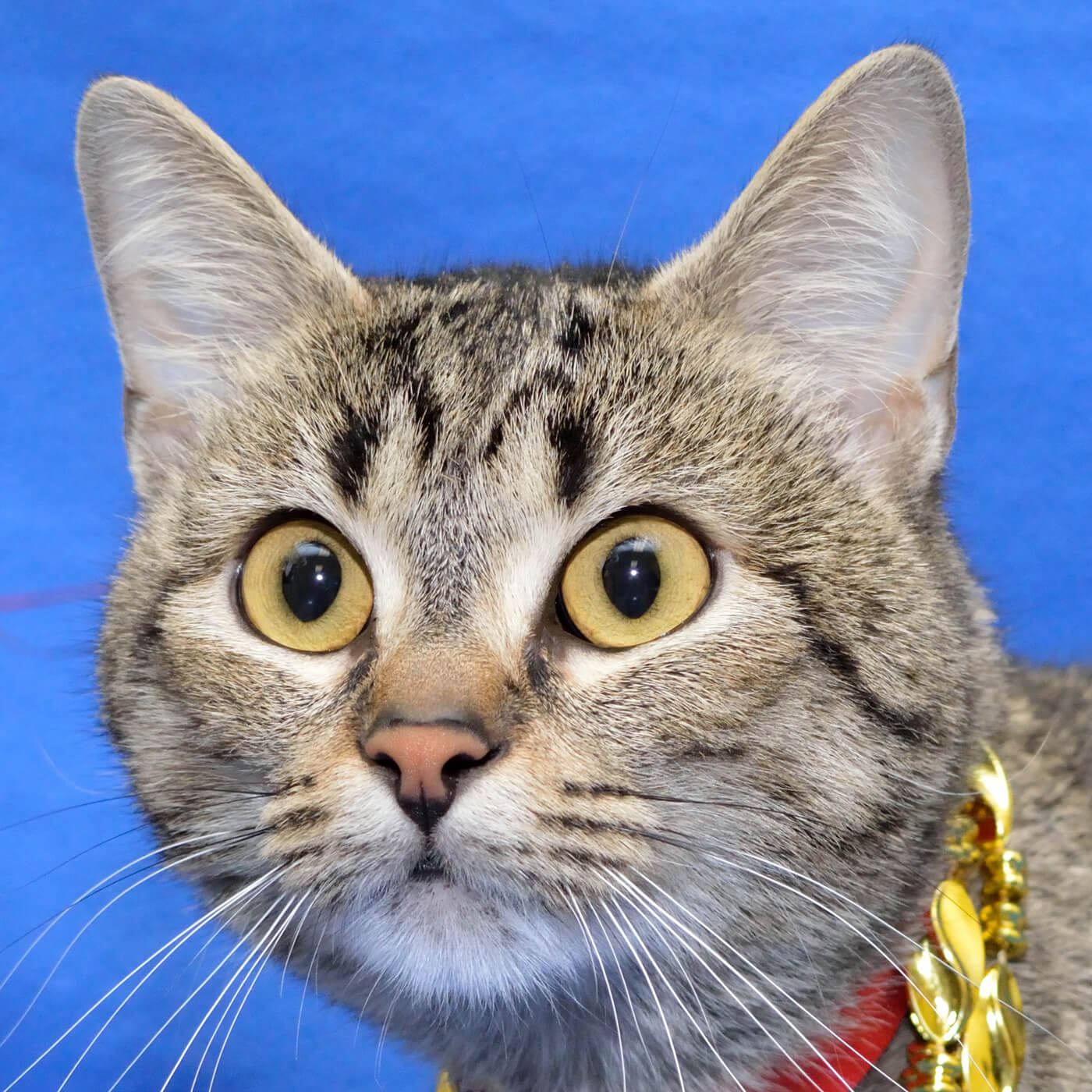
Our cat holding policy allows us to save more cats like Luther, who was trapped in a nine foot window well.
Recently, we have received a few questions from concerned constituents relative to MHS’ stray cat holding policy and I thought it provided an excellent opportunity to update the greater community. Again, I thank everyone for their support, as even when asking these questions, it appears that our constituents understand and fully back our commitment to save more cat lives. The question goes: “I am grateful that MHS is taking another step to save more cat lives but there seems to be confusion about if there is a Michigan law requiring shelters to hold cats for a stated period of time – can you please clarify?” Again, great question and one I am happy to address.
The Michigan Humane Society has, does and will always comply with local, state and federal laws. That said, based on Michigan statute, there is no required holding time for cats.
The references to MCL 287.388 must come with the understanding that it pertains to animals to be sold for research, as is clearly referenced in the very title: “USE OF DOGS AND CATS FOR RESEARCH”. In order to get a more accurate picture of that statute’s intent and language, one must look at it in its totality and not just in sections that can, as in this instance, be taken out of context. MHS and our legal counsel have reviewed this in detail and further have made repeated documented attempts to get clarification as to any different interpretation through MDARD. MHS does not and would never sell animals for research, and as such, is not subject to the referenced holding time for cats.

Healthy cats are able to go up for adoption immediately upon arrival to MHS, instead of waiting for four days and increasing their chances of getting sick.
With that in mind, in the absence of any applicable statute or mandate requiring otherwise, MHS will always take the course that will save the most animal lives and enrich the bonds between animals and people. Regarding cats, we made a bold decision to save more cat lives! Less than 1% of stray cats without identification are reunited with their owner – an extremely sad reality. Therefore, it is incumbent upon us and our communities to act in the best interest of the cats and find them homes as soon as possible. Studies have shown that most cats already harbor the virus that results in illness, such as upper respiratory infection, and that what causes them to become sick is the manifestation of that virus due to stress. Cats are very susceptible to stress in a shelter environment which directly leads to illness – and this illness not only threatens the well-being of a single cat, but that of the larger feline group within a shelter, as illnesses in a shelter environment are typically highly contagious. This is an issue of the physiology and physical systems of cats and directly linked to their length of stay, as well as the subsequent stress that puts on them – not necessarily a product of any failure to provide an adequate environment. Again, acting in the cats’ best interests means getting them up for adoption ASAP. In summary, MHS is placing stray cats up for adoption right away only if they have no traceable form of identification AND they have an immediate opportunity to be placed into a new home because they are healthy. All other stray cats without ID will be held for a minimum of 4 days.
The real question and focus should be on how we as a community ensure that cats receive the same love and value as dogs. Cats are far less likely to have any form of identification; cat owners are far less likely to begin searching for their cats until they have been missing for days or, unfortunately more commonly, weeks versus a dog owner. MHS constantly messages the need for proper identification of all our beloved companions. For years, MHS has microchipped all of our adoptable cats and continues to do so. Recently, in an attempt to further raise awareness, MHS began offering free microchips to the first 2,000 cat owners who make an appointment within one of our veterinary centers.
MHS employs a robust and dedicated shelter veterinary medicine program that oversees all the animals in our care. It is steeped in best practice and the focus on the health and well-being of the individual animals as well as the full community of animals in our care. Stress is the number one cause of illness in cats within a shelter, and the best remedy for that beyond best medical practices is to find them loving homes as soon as possible.
